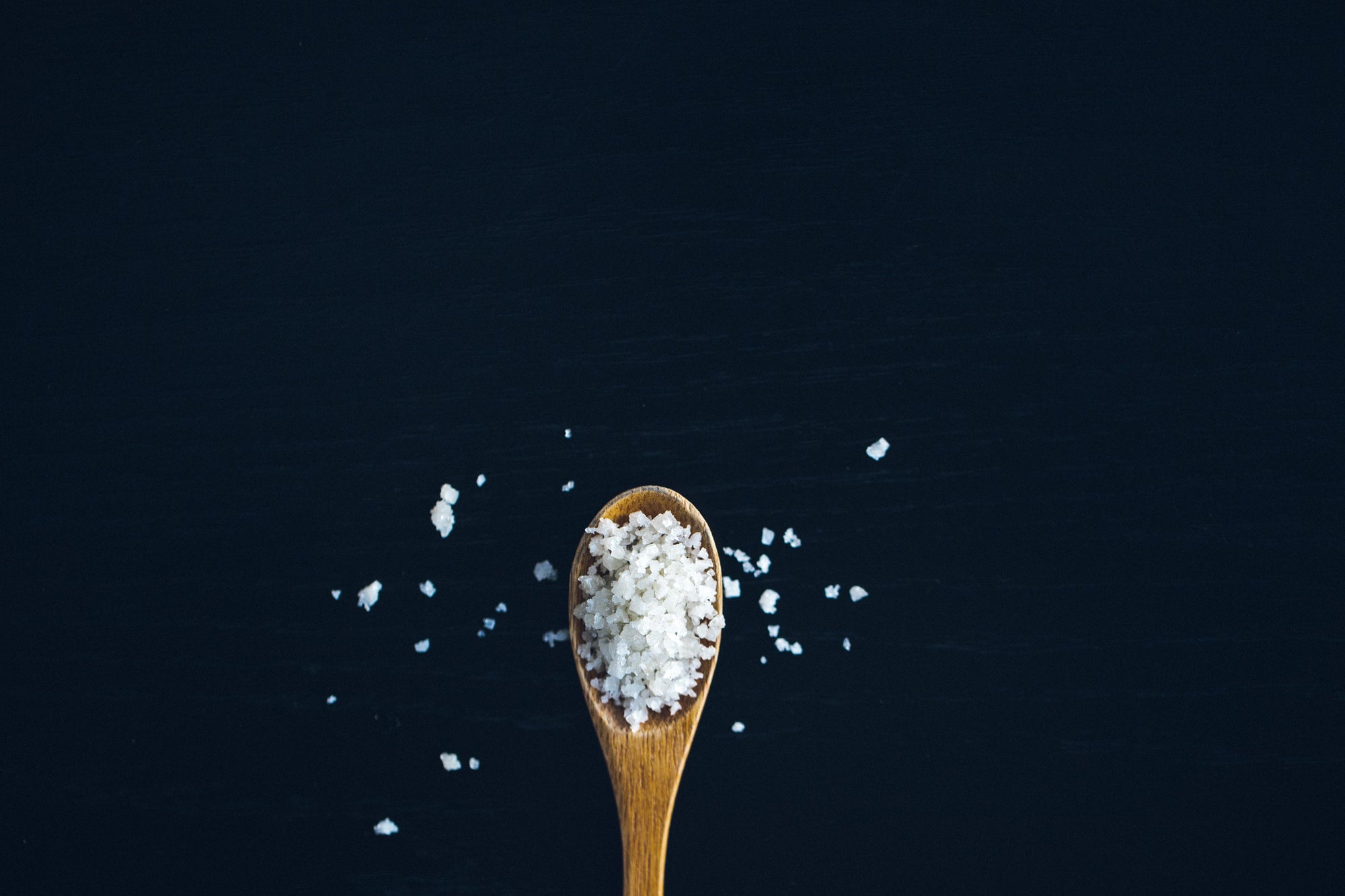
My childhood landscape was not land but the end of the land – the cold, salt, running hills of the Atlantic. I sometimes think my vision of the sea is the clearest thing I own.
- An excerpt from Ocean 1212 by Sylvia Plath
Sea Salt:
Trace Minerals, Electrolyte, Digestion, Brain Health
Salt is often touted as a very unhealthy substance, as too much sodium can cause water retention and raise blood pressure. But there is a significant difference between processed table salt and pure sea salt: table salt is typically mined from salt deposits and heavily processed to purify, stripping it of minerals and contaminants – in fact, it’s about 97% sodium chloride. Sea salt, on the other hand, comes from evaporated sea water, and when unrefined – and consumed in moderate amounts daily – boasts important health benefits.
Ever wonder why we include a small pinch of Himalayan salt in some of the Superblends?
Trace Minerals and Elements
Sea salt contains many (over 60!) trace minerals and elements (the highest amounts are found in pink Himalayan salt). This is especially important as it’s becoming increasingly difficult to get trace minerals from our diet due to the lack of nutrient-rich soil.
Electrolytes
Sea salt contains a number of important electrolytes, including sodium and in smaller amounts, potassium, which work together to balance fluid levels in our cells and bodily fluids. The right balance of sodium is also crucial for conducting electrical signals in our body – a malfunction in these communication systems can result in problems at the muscular and neurological level, which includes the brain and heart. Other electrolytes found in pure sea salt are minerals such calcium and magnesium, which also play an important role in muscular function.
Digestion
As a building block in HCl, or stomach acid, the chloride contained in salt plays an important role in digestion. Sufficient levels of stomach acid are required for food to be broken down in the stomach and for the production of digestive enzymes. In turn, our body is better able to absorb important nutrients from properly digested food.
Sea salt is one of our favourite flavour enhancers and can absolutely be part of a healthy diet and lifestyle!
How to enjoy
In (almost) everything – and we especially love adding a little sprinkle on any chocolate coated treats!
